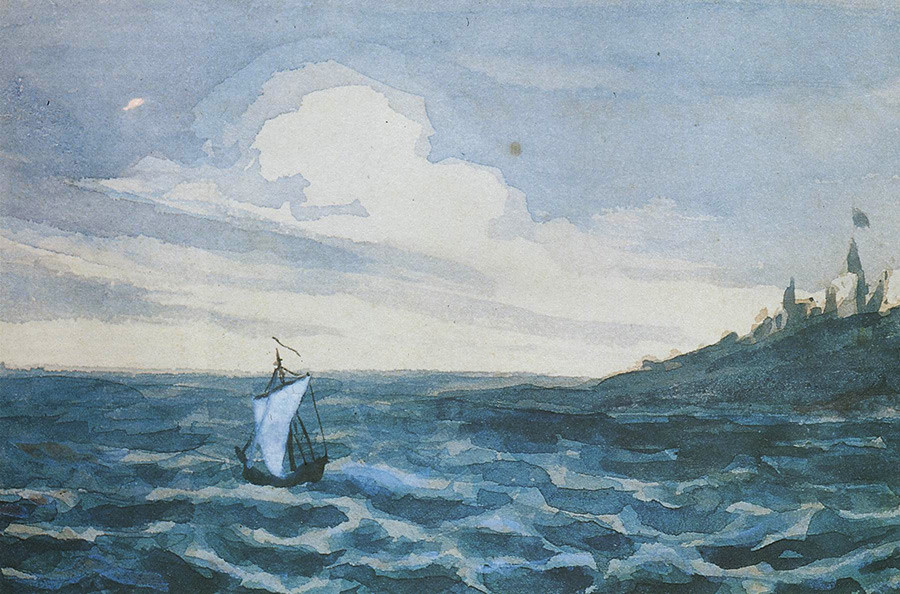Men have committed the greatest crime against women. Insidiously, violently, they have led them to hate women, to be their own enemies, to mobilize their immense strength against themselves, to be the executants of their virile needs. They have made for women an antinarcissism! A narcissism which loves itself only to be loved for what women haven't got! They have constructed the infamous logic of antilove.
We the precocious, we the repressed of culture, our lovely mouths gagged with pollen, our wind knocked out of us, we the labyrinths, the ladders, the trampled spaces, the bevies—we are black and we are beautiful.
We’re stormy, and that which is ours breaks loose from us without our fearing any debilitation. Our glances, our smiles, are spent; laughs exude from all our mouths; our blood flows and we extend ourselves without ever reaching an end; we never hold back our thoughts, our signs, our writing; and we're not afraid of lacking.
What happiness for us who are omitted, brushed aside at the scene of inheritances; we inspire ourselves and we expire without running out of breath, we are everywhere!
From now on, who, if we say so, can say no to us? We’ve come back from always.
It is time to liberate the New Woman from the Old by coming to know her—by loving her for getting by, for getting beyond the Old without delay, by going out ahead of what the New Woman will be, as an arrow quits the bow with a movement that gathers and separates the vibrations musically, in order to be more than her self.
I say that we must, for, with a few rare exceptions, there has not yet been any writing that inscribes femininity; exceptions so rare, in fact, that, after plowing through literature across languages, cultures, and ages,” one can only be startled at this vain scouting mission. It is well known that the number of women writers (while having increased very slightly from the nineteenth century on) has always been ridiculously small. This is a useless and deceptive fact unless from their species of female writers we do not first deduct the immense majority whose workmanship is in no way different from male writing, and which either obscures women or reproduces the classic representations of women (as sensitive—intuitive—dreamy, etc.)


